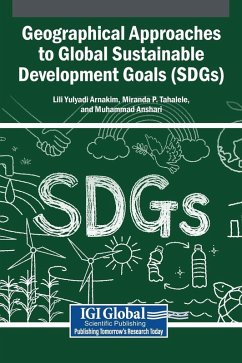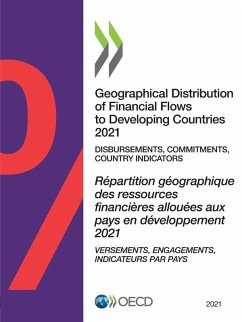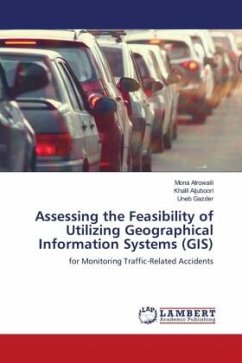
The New Introduction to Geographical Economics
Versandkostenfrei!
Sofort lieferbar
49,99 €
inkl. MwSt.

PAYBACK Punkte
25 °P sammeln!
Geographical economics starts from the observation that economic activity is clearly not randomly distributed across space. This revised and updated introduction to geographical economics uses the modern tools of economic theory to explain the who, why and where of the location of economic activity. The text provides an integrated, first-principles introduction to geographical economics for advanced undergraduate students and first-year graduate students, and has been thoroughly revised and updated to reflect important developments in the field, including new chapters on alternative core model...
Geographical economics starts from the observation that economic activity is clearly not randomly distributed across space. This revised and updated introduction to geographical economics uses the modern tools of economic theory to explain the who, why and where of the location of economic activity. The text provides an integrated, first-principles introduction to geographical economics for advanced undergraduate students and first-year graduate students, and has been thoroughly revised and updated to reflect important developments in the field, including new chapters on alternative core models and policy implications. It presents a truly global analysis of issues in geographical economics using case studies from all over the world, including North America, Europe, Africa and Australasia, and contains many computer simulations and end-of chapter exercises to encourage learning and understanding through application.












